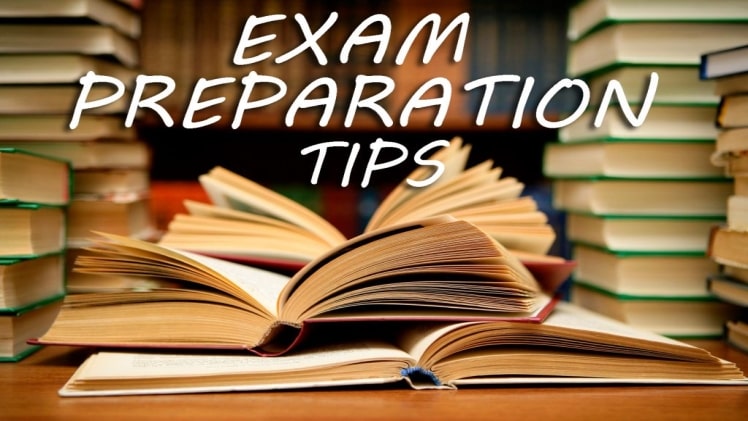Second in Cisco’s five-level certification process is the CCNA (Cisco Certified Network Associate). Your ability to install, configure, operate and troubleshoot a routed and a switched network is demonstrated through the certification exam. In terms of popularity, CCNA certification is one of the most sought-after credentials.
There are several advantages to taking this course, including an increase in work possibilities and compensation. The CCNA test is not an easy one to pass since it demands a lot of seriousness and hard effort to prepare for it. In order to pass this test on the first try, you must also perform your exam preparation correctly.
For test success, here are a few things you should keep in mind.
1. Getting a handle on the Exam
Make sure you know what you’re in for before you get started. Detailed information on the test, including requirements, kind of questions, allowable time, and passing score may be retrieved from the Cisco CCNA Certification Handbook (which is available on the Cisco website).
2. Make a Study Plan
Without proper preparation, you may not be able to pass the exam. The test should be scheduled and planned well in advance, so that you have enough time to study. There are many more variables to consider, such as how much free time you have each day for studying, what type of training approach you like, and how much you know.
3. Get yourself a training course.
A certification training course is highly suggested by Sprintzeal because the test involves a thorough comprehension and knowledge of a wide range of themes and topics. An exam’s nitty-gritty can be explained to students by specialists or trainers, who can then assist them prepare for it. With the help of trainers and fellow students, it’s simpler for students to explain difficult ideas and share their own personal experiences as they prepare for the exam.
4. Try to get some hands-on experience.
To pass the CCNA test, you must have both theoretical and practical expertise. Real-world situations, such as troubleshooting and networking challenges, necessitate the application of theoretical knowledge. Interning at a firm in your desired career path might help you get a better sense of what it’s like to work in that sector. Internships are often compensated with a stipend or a pay for fresh graduates who work for the firm. At the absolute least, you’ll gain valuable work experience and references to add to your CV during an internship.
5. Exams are organised in a variety of ways
It’s critical that you’re familiar with the test’s structure before taking it. In addition to the number of questions, kind of questions, and weighting for each topic, the test format explains how the exam will be administered. It’s important to know how the exam is structured so that you can plan your study time accordingly. Practicing your accent and replies with a group of classmates is a great way to expand your knowledge and improve your communication skills.
Recording yourself delivering a response or speaking in a different language before the test would allow you to self-assess and identify any areas for improvement before the exam begins. Take-home and open-book examinations may appear to be simple and prone to cheating, but this is not the case. You’ll get more difficult questions if you type up your responses and investigate the topic at home.
6. Prepare for exams by taking practise tests.
Practice exams may be used as a gauge of how much you’ve studied and how ready you are to take the exam, so don’t wait until the last minute to use them. You’ll also get a feel for the sort of questions and the exam’s format by taking practise examinations.
7. Participate in internet communities
You can benefit from joining online forums and groups by sharing your own experiences and learning from others’ successes and failures. Apart from that, on the day of the exam, maintain a cool demeanour. Arrive early at the exam centre to prevent any last-minute issues. Keep an eye on the clock while taking the test and make sure you understand the questions completely before responding. It’s a good idea to organise your thoughts into bullet points if your lecturer has provided a preview of the questions you’ll face. This test might fail you if you don’t take the time to study.

